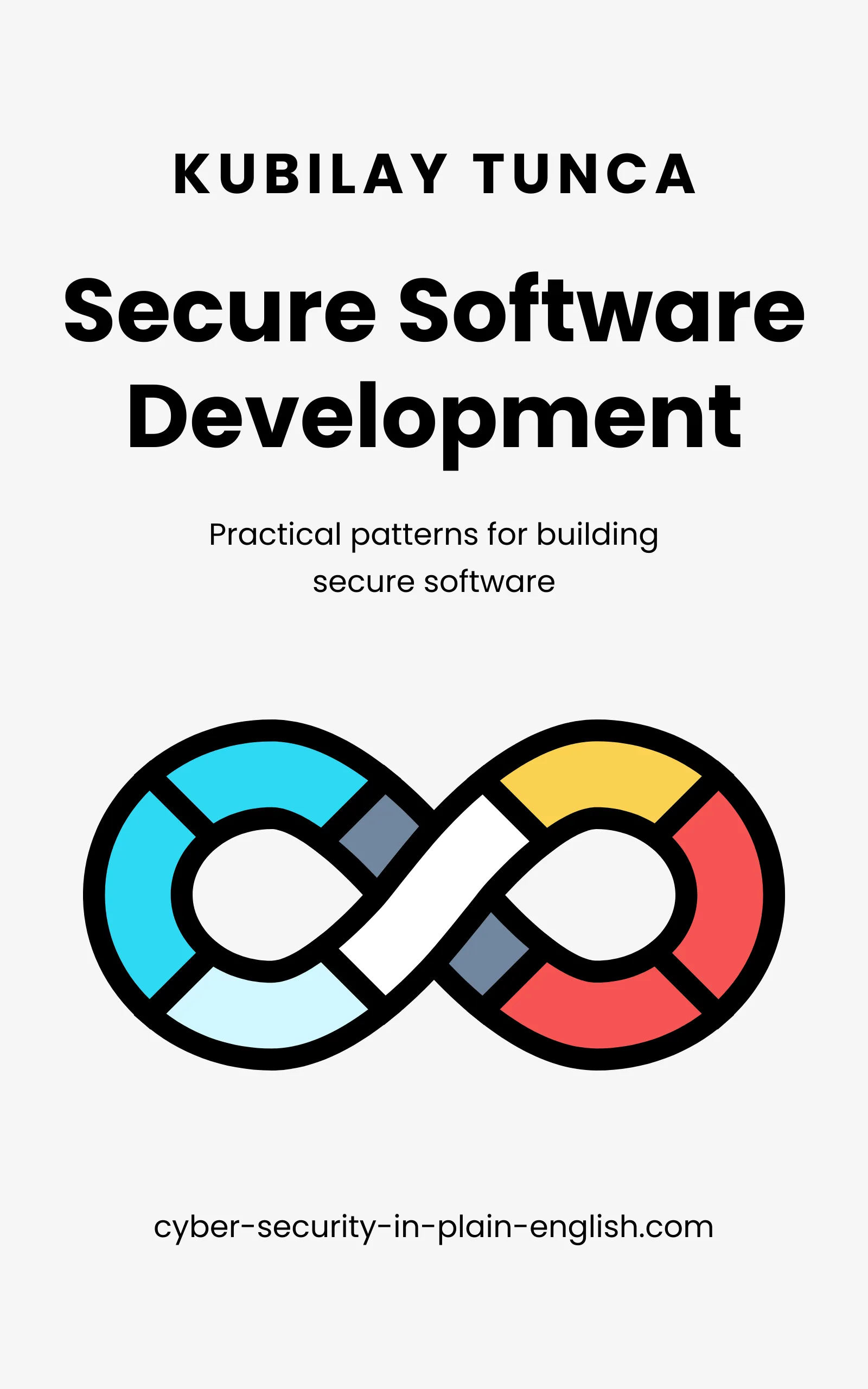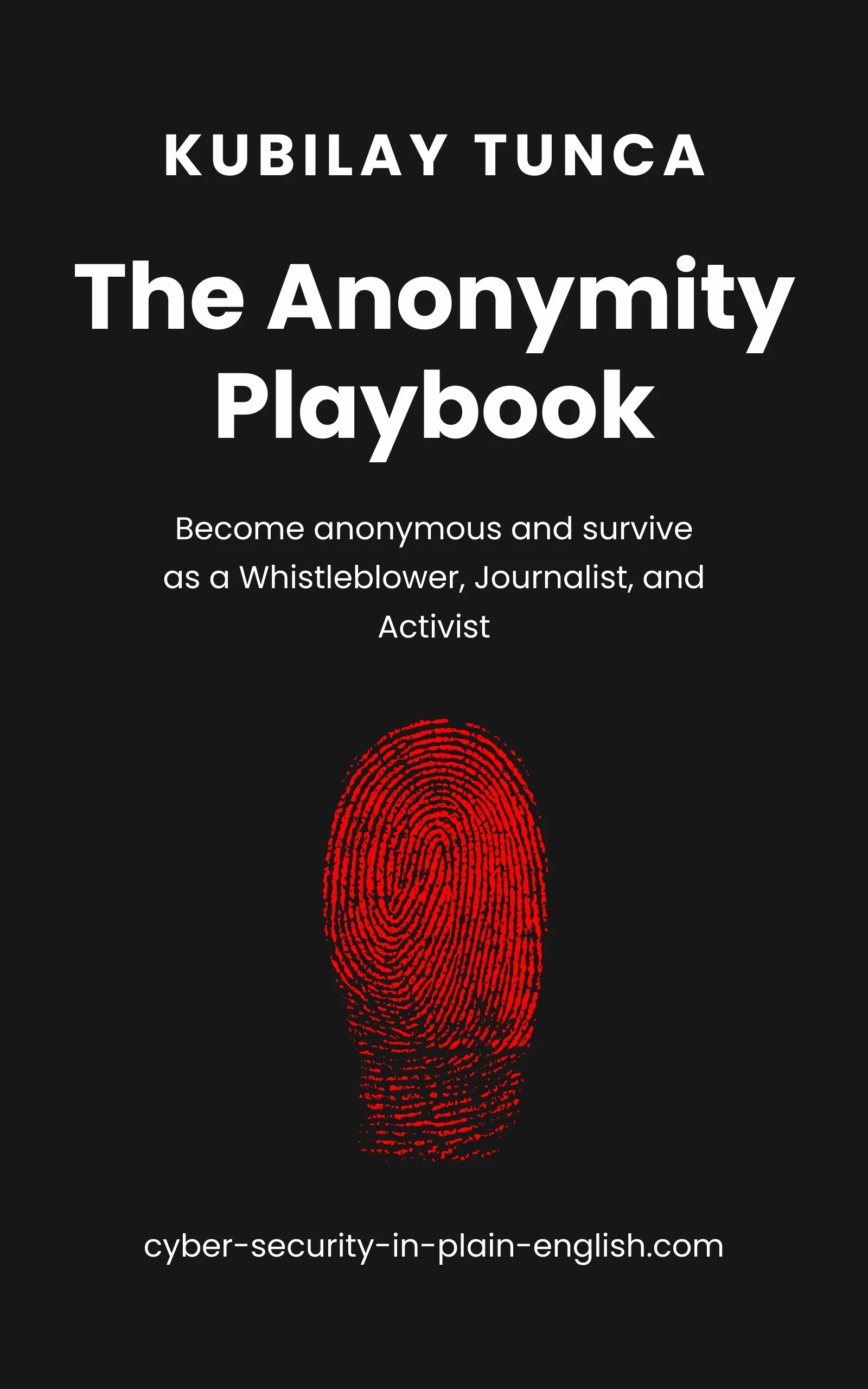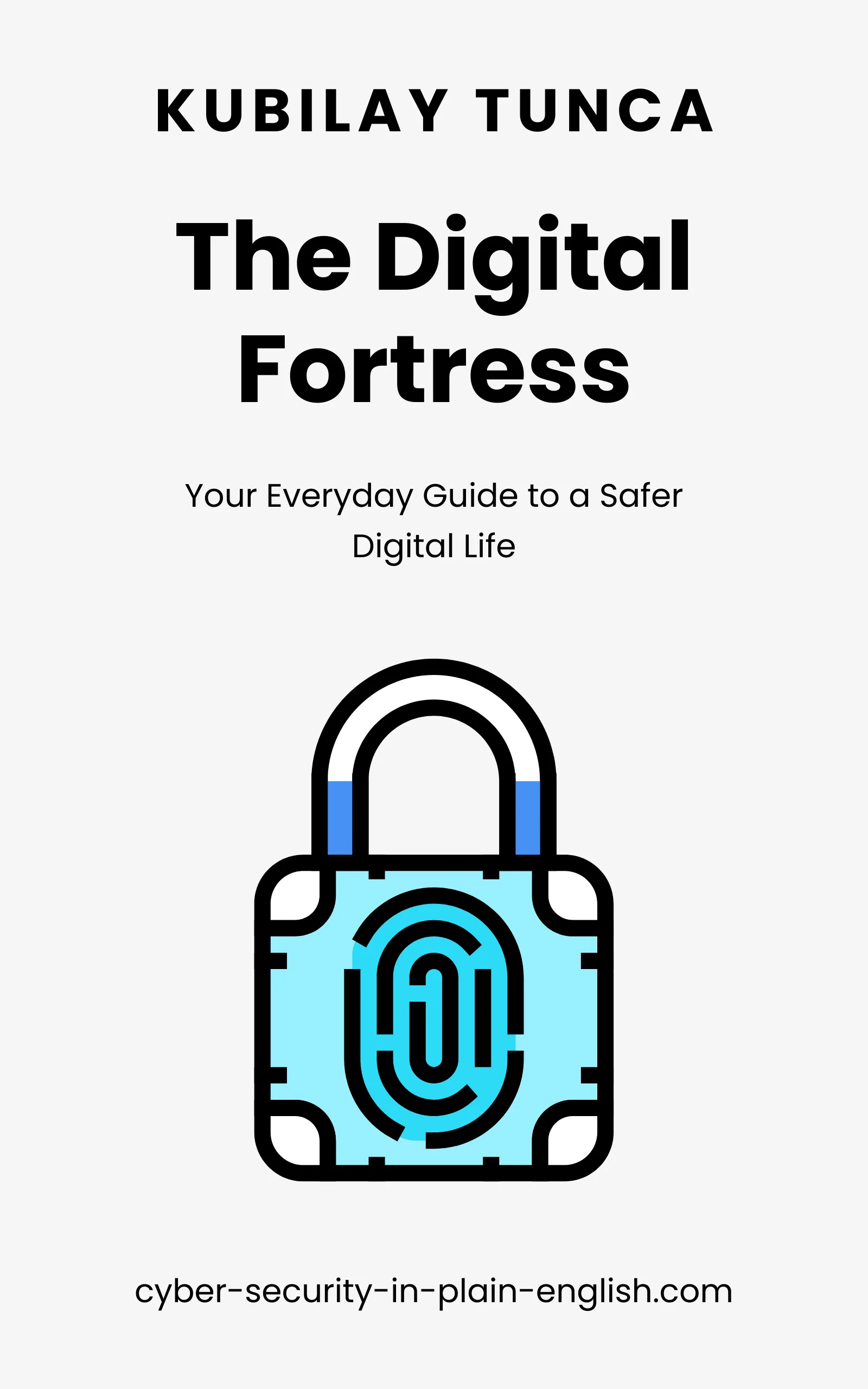Published
- 6 min read
The Fundamentals of Online Anonymity: How to Protect Your Identity Online

How to Write, Ship, and Maintain Code Without Shipping Vulnerabilities
A hands-on security guide for developers and IT professionals who ship real software. Build, deploy, and maintain secure systems without slowing down or drowning in theory.
Buy the book now
Practical Digital Survival for Whistleblowers, Journalists, and Activists
A practical guide to digital anonymity for people who can’t afford to be identified. Designed for whistleblowers, journalists, and activists operating under real-world risk.
Buy the book now
The Digital Fortress: How to Stay Safe Online
A simple, no-jargon guide to protecting your digital life from everyday threats. Learn how to secure your accounts, devices, and privacy with practical steps anyone can follow.
Buy the book nowThe Fundamentals of Online Anonymity: How to Protect Your Identity Online
Introduction
Maintaining anonymity online is becoming increasingly challenging. From social media to online shopping, our digital footprints are constantly tracked, collected, and analyzed by companies, advertisers, and sometimes even malicious actors. Online anonymity is all about protecting your identity so you can enjoy the internet with greater privacy and peace of mind. This article will guide you through the basics of online anonymity and provide practical steps to help keep your identity private.
Why Online Anonymity Matters
Staying anonymous online is more than just hiding your name or profile picture. It’s about protecting your digital identity and ensuring your data isn’t accessible to anyone without your consent. Here are a few reasons why online anonymity is essential:
- Privacy Protection: Your data can reveal a lot about you—habits, preferences, and even locations. Maintaining anonymity helps limit the amount of personal information available to third parties.
- Freedom of Expression: For those who wish to discuss sensitive topics or engage in free expression, anonymity can provide a safe space without fear of judgment or repercussions.
- Security from Tracking and Profiling: Many companies and websites track your browsing behavior to create detailed profiles for targeted ads or even future sales. Staying anonymous reduces the ability for others to monitor your activity closely.
How to Stay Anonymous Online: Practical Tips
There are a variety of tools and practices you can use to protect your identity and maintain online anonymity. Here are some effective ways to get started:
1. Use a VPN (Virtual Private Network)
A VPN hides your IP address, which is like your device’s digital fingerprint, making it harder for websites to track your location or identity. VPNs also encrypt your internet connection, which means that even if someone intercepts your data, it will appear scrambled and unreadable. Many reputable VPN providers offer monthly or yearly subscriptions, and some even have free options with limited features.
2. Choose a Privacy-Focused Browser
Popular browsers like Chrome or Safari collect and share a lot of data, but there are more privacy-focused options available. Tor Browser and Brave are examples of browsers designed with anonymity in mind. Tor, in particular, routes your data through multiple servers worldwide, making it difficult for anyone to trace your activity back to you.
Additionally, using a privacy-focused search engine like DuckDuckGo instead of Google helps minimize tracking and profiling.
3. Limit Social Media Sharing
Social media accounts can reveal a wealth of personal information that you might not realize you’re sharing. Avoid oversharing details like your birthday, hometown, or job, as these can make it easier for others to identify and track you. Check your privacy settings to control who can see your posts, and consider using pseudonyms or aliases on accounts where you want to maintain a level of anonymity.
4. Use Encrypted Communication
When it comes to messaging apps, choose ones that offer end-to-end encryption, like Signal or WhatsApp. End-to-end encryption ensures that only you and the recipient can read the messages; even the service provider can’t access them. For email, consider using a provider that values privacy, such as ProtonMail or Tutanota, which offer secure, encrypted email services.
5. Be Mindful of Tracking Cookies
Websites often use cookies—small files stored on your device—to track your behavior and preferences. While some cookies are necessary for websites to function, many are used for targeted advertising and data collection. Most browsers offer options to manage or block cookies, and browser extensions like Privacy Badger can help block trackers automatically.
Tools to Enhance Online Anonymity
Beyond the basics, there are a few advanced tools you can use to maintain online anonymity:
- Proxies: Similar to VPNs, proxies hide your IP address but are often less secure as they don’t encrypt your connection. They’re useful for masking your location in simple cases but aren’t ideal for secure, private browsing.
- Tor Network: The Tor network routes your data through several servers, adding multiple layers of anonymity. This makes it much harder for websites or attackers to trace your actions back to you. However, Tor can be slower than traditional internet connections due to the extra routing.
- Temporary Email Services: Temporary email addresses are helpful for one-time sign-ups or registrations. Services like Temp Mail allow you to receive confirmation emails without using your real email address.
Common Myths About Online Anonymity
There are some misunderstandings about what online anonymity really means. Here are a few myths:
- “Using Incognito Mode Makes Me Anonymous.” Incognito mode only prevents your browser from saving history on your device, but your internet service provider and websites you visit can still see your activity. For real anonymity, consider using a VPN or Tor.
- “Deleting My Social Media Profiles Removes My Data.” Even after you delete accounts, remnants of your data may still exist on servers, backups, or data sold to third parties. Always assume some data may be retained.
- “Anonymity is Only for People with Something to Hide.” Anonymity is a valid choice for anyone who values privacy. Choosing not to share personal details publicly doesn’t imply wrongdoing; it’s simply a preference for privacy.
Balancing Anonymity and Privacy
While online anonymity helps protect your identity, it’s different from privacy. Privacy is about controlling who has access to your information, while anonymity is about hiding your identity altogether. Think of anonymity as a tool for managing privacy—using both allows you to control what information others can see while still enjoying the internet safely.
For most people, a mix of anonymous browsing and privacy practices is effective. By using tools like VPNs and encrypted messaging while limiting personal information online, you create a safer digital presence that respects both your privacy and anonymity.
Conclusion
Achieving online anonymity is more challenging today than ever, but it’s still possible with the right tools and habits. Whether you’re concerned about data privacy or simply value personal space online, taking steps toward anonymity helps protect your digital identity. By understanding the basics—using a VPN, choosing a secure browser, limiting social media sharing, and using encryption—you can enjoy the benefits of the internet with greater peace of mind.
In a world where data is increasingly valuable, staying anonymous is a powerful way to maintain control over your digital life. Small changes in your online habits can make a significant difference in protecting your privacy and enjoying the internet more securely.